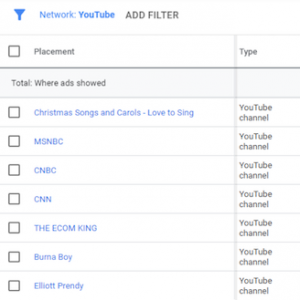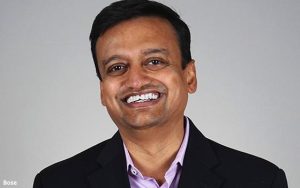Not all military veterans see action on a battlefield, but many of them may end up fighting for fair pay or better career opportunities once their time in the service is over.
That’s the conclusion of a new paper published in the Journal of Personality and Social Psychology: Attitudes and Cognition, which finds that while the American public holds military veterans up as heroes and generally has positive attitudes toward them, veterans often have a harder time in the workplace. What’s more, a sort of “heroization” effect actually leads to higher rates of unemployment or underemployment, and lower earnings.
The paper includes 11 specific studies and finds that the view of American veterans as heroes or as selfless actors may limit their options and contribute to them ending up in jobs with lower pay.
“The results across studies suggest that heroization leads the American public to funnel heroized individuals and groups into a limited set of lower paying jobs, organizations, and careers associated with selflessness,” the paper reads. “This research not only offers insights into an important real-world problem, but also offers a first experimental investigation of the consequences and implications of labeling a group of people as heroes.”
The paper also mentions that the same effect could exist in other “heroized groups,” which include professionals such as firefighters, paramedics, teachers, and social workers—traditionally, those career paths aren’t highly compensated. There have been previous studies, too, that show military veterans may find their careers stymied by their time in the service. Be that as it may, there are also reasons that veterans may have a competitive advantage in the labor market.
The purpose-driven life
What veterans and others who work so-called selfless-career fields have in common is a willingness to shoulder more of a societal burden in an effort to improve large-scale outcomes—not necessarily personal ones. As such, the study seems to suggest that employers take advantage of that willingness, whether consciously or not.
Magnus Johnson, a former Green Beret and cofounder of Mission 22, a nonprofit that provides support and resources to veterans, says that “most people who join the military have a desire for something more, to be a part of something bigger than themselves, and want their lives to have a purpose.”
“People join this organization tasked with a noble, high calling,” he adds, and “there’s a sense of collectivism in the military where your values associate with the value of the unit.”
That dynamic doesn’t necessarily apply to most modern workplaces, however, creating a sort of collision of world views. “For a lot of veterans coming into the workforce, the war just ended. They were part of something that was life and death, something more than just getting paid,” Johnson says. When working with veterans who want to start businesses or foundations, “they almost always want to do something to help someone else—very rarely have I heard ‘I want to earn first.’”
So while many people may see veterans as heroes, they’re also evidently willing, in many cases, to let them go above and beyond without any of the rewards.
And there isn’t really an easy fix, Johnson says. It’ll require a retooling of how we view service-minded professionals, be they military veterans, nurses, or teachers.
“There’s not a matching of values, and I think veterans get exploited by that. It’s not nefarious, per se, but business leaders have a responsibility to understand where their employees are at,” he says. They should recognize that people who are willing to take one for the team should be leaders.”
(10)







